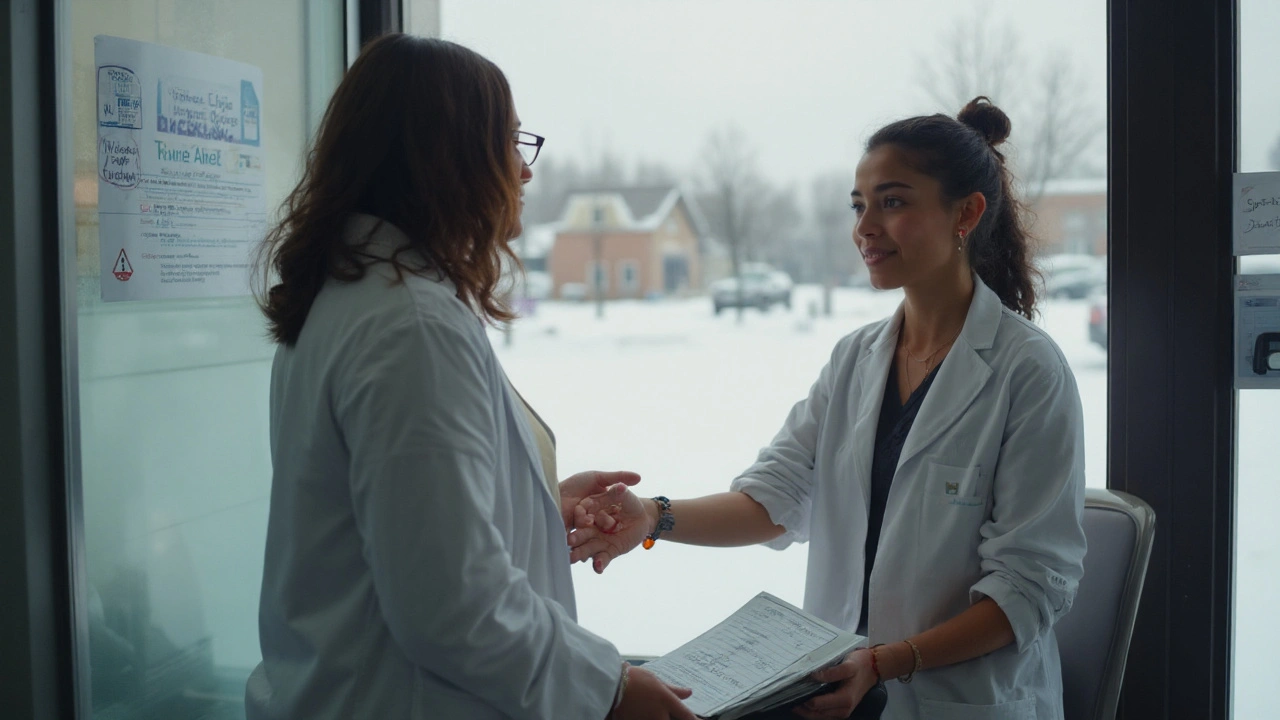Philadelphia Chromosome ALL: Quick Guide and Latest Treatments
Did you know that about 25% of adult acute lymphoblastic leukemia (ALL) cases carry the Philadelphia chromosome? That tiny genetic switch makes the disease behave differently and pushes doctors to choose special medicines.
How the Philadelphia Chromosome Changes ALL
The Philadelphia chromosome is a piece of chromosome 22 that swaps places with a part of chromosome 9. This creates the BCR‑ABL fusion gene, which produces an enzyme that tells cells to grow uncontrollably. In ALL, that enzyme turns a normal lymphocyte into a fast‑growing cancer cell.
Because the BCR‑ABL protein is the driver, tests that look for it – like PCR or fluorescent in‑situ hybridization (FISH) – are routine when doctors suspect ALL. Spotting the chromosome early helps the medical team pick the right therapy right away.
Treatments That Work Today
Two drug families dominate Ph+ ALL care: traditional chemotherapy and tyrosine‑kinase inhibitors (TKIs). TKIs such as imatinib, dasatinib, and newer options like ponatinib lock onto the BCR‑ABL enzyme and shut it down. Most patients start with a TKI plus a short course of chemo, which clears the blood faster than chemo alone.
For younger, fit patients, an all‑ogeneic stem‑cell transplant often follows the initial response. The transplant gives the immune system a fresh start and lowers the chance of relapse. Older patients or those who can’t tolerate intensive therapy may stay on a TKI long‑term, sometimes combined with low‑dose chemo.
Side‑effects matter, too. TKIs can cause muscle cramps, liver changes, or low blood counts. Keeping up with regular labs lets doctors adjust doses before problems get serious. If a TKI stops working, doctors can switch to a second‑generation drug, which often overcomes resistance.
Living with Ph+ ALL isn’t just about meds. Good nutrition, gentle exercise, and mental‑health support improve quality of life during treatment. Talk to your care team about vaccines, infection‑preventive steps, and coping resources.
Bottom line: the Philadelphia chromosome makes ALL tougher, but modern TKIs and tailored transplant strategies have turned a once‑grim outlook into a manageable disease for many. Stay informed, ask questions, and work closely with your oncologist to pick the plan that fits your health and goals.
Early Detection in Ph-Positive ALL: Signs, Tests, and Survival
Early detection in Ph-positive ALL can double survival odds. Learn the red flags, the exact tests to ask for, and how faster diagnosis shapes treatment.
